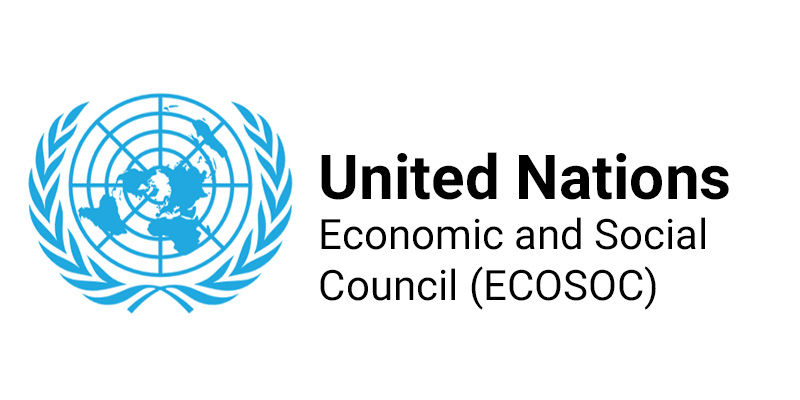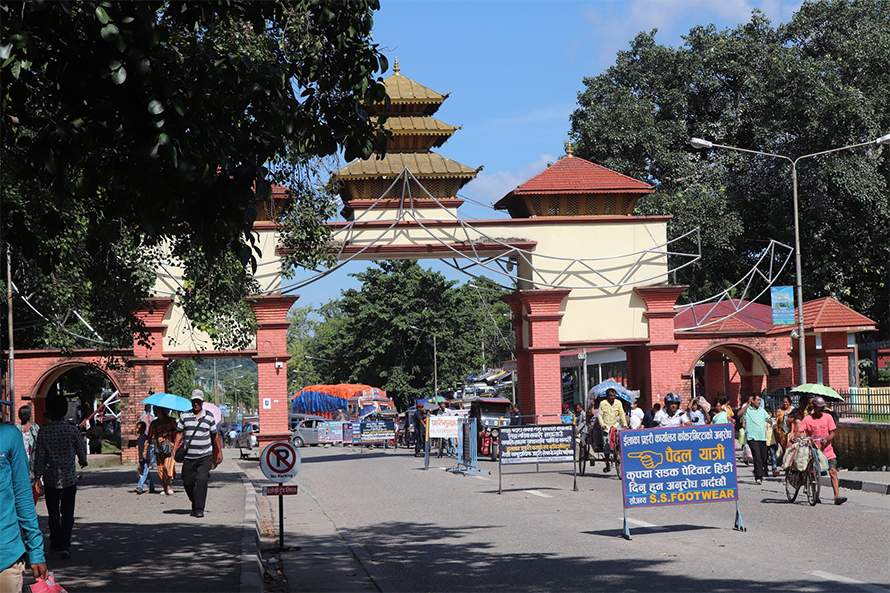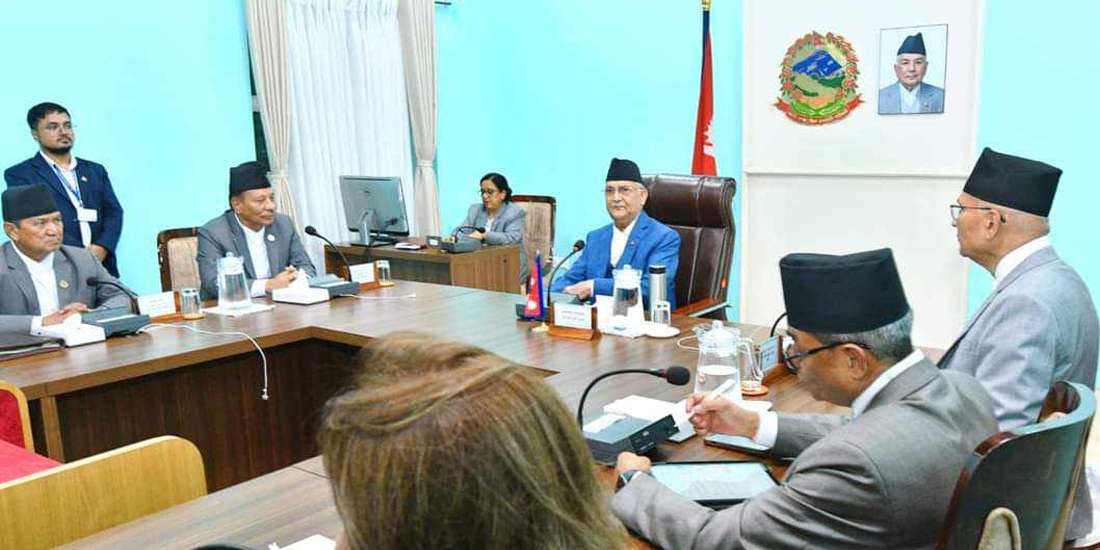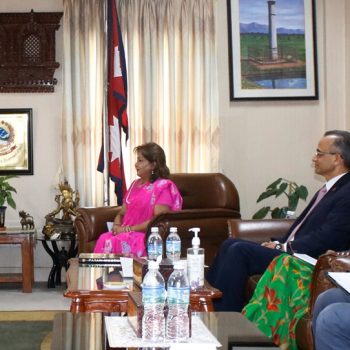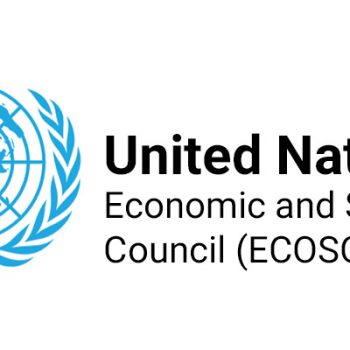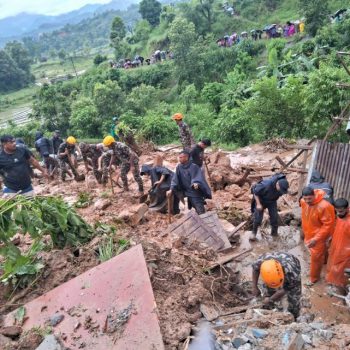Safeguarding indigenous people post COVID pandemic crisis: An opportunity to restructure support through nature-based solutions
KATHMANDU : COVID-19 has eroded the rights of indigenous people in several countries. The COVID-19 pandemic has made a long-lasting impact on the lives of indigenous people particularly the vulnerable communities that depend on natural resources. COVID-19 has adversely affected several developing countries in one or other, stagnating and even reversing the economic growth rate. According to UNDP report, three in five employees lost their jobs due to COVID-19 in Nepal. Even among the ones who are still employed, several of them have had their salaries cut. Among all, indigenous people are hit the hardest, leaving several indigenous youths unemployed. Hence, this pandemic crisis has exacerbated underlying structural inequalities and pervasive discrimination. Natural resource dependent communities, people with disabilities, old age groups, women and other minorities within indigenous communities disproportionately face marginalization, and significant barriers to the full realization of their rights. COVID-19 pandemic has pushed them further into vulnerable situations subjecting them to domestic violence, and several other forms of discrimination. Even after the pandemic, the issues of Indigenous communities remain far behind the radar. There are several cases of injustice within indigenous communities during the pandemic that remains unaddressed.
Indigenous peoples experienced a high degree of socio-economic marginalization and are at disproportionate risk in public health emergencies. Throughout the pandemic, governments have treated indigenous peoples’ health and lives as less important. This can be proved through inequality in vaccines, basic health care support, access to virtual education, and several other basic supports during the pandemic. These actions clearly indicate the lack of accountability of state as well as a lack of respect for the rights and wellbeing of indigenous people. Another barrier for indigenous people to receive support from the government is the lack of infrastructures in the country. Even when the government makes an effort, reaching out to the indigenous populations located in isolated regions with difficult terrain remains a challenge.
Safeguarding indigenous communities through nature-based solutions
The pandemic can never be an excuse to neglect the human rights of any people. Instead, the pandemic must serve as a catalyst for transformative change, ending the over-exploitation of natural resources, advancing a ‘just transition’, addressing inequality within and between nations, and guaranteeing the rights of all, including indigenous peoples.
Exercising nature-based solution would enable indigenous people to practice their own sustainable way of life and indigenous food system, while ensuring stewardship towards biodiversity conservation in their territories.
Immediate steps for an economic recovery program would include financial aid and conditional cash transfer to needy and poor people in the communities. These interventions tends to be short term but they are important precursors to long term initiatives such as nature based.
Nature based solutions would contribute to income generations by creating jobs. Nature based solutions can be an effective remedy for post COVID pandemic crisis as these measures can be done through utilization of what is already available within the community.
Investing in livestock entrepreneurship, training of indigenous youths on demand driven skills would help them to pursue jobs in their own sector. Jobs in agriculture such as farming, fisheries, forestry and tourism, eco-tourism would be possible ways to lift natural resource dependent communities by increasing sustainable employment. According to the World Bank data in Kathmandu Post, ecotourism contributes to about 4% of Nepal’s total GDP and provides varying forms of employment to about 200,000 people. Emphasizing on these same sectors could contribute to green recovery. This would also be an opportunity to tap into skills and knowledge of gulf country worker returnees to engage based on their specialization. They can access capital through available government schemes in agricultural financing.
Developing nature-based tourism that is environmentally sustainable, would not be a new venture as community-based ecotourism has already been immensely successful in Nepal. Home stays in rural and sub-urban areas of Nepal have provided families with jobs and income for years. Furthermore, it would enrich biodiversity, protect nature as well as safeguard surroundings of indigenous people. This would also directly engage indigenous people to let them share and protect their culture foods, lifestyles, cultures and so on. Indigenous tourism can stimulate cultural interaction and revival, bolster employment, alleviate poverty, contribute to empower women and youth in local areas.
Overall, nature-based solutions provide adequate livelihood opportunities and overcome unemployment within indigenous populations while safeguarding their rights and respecting their cultures. This would contribute to an equitable and just society through nature-based solutions.



